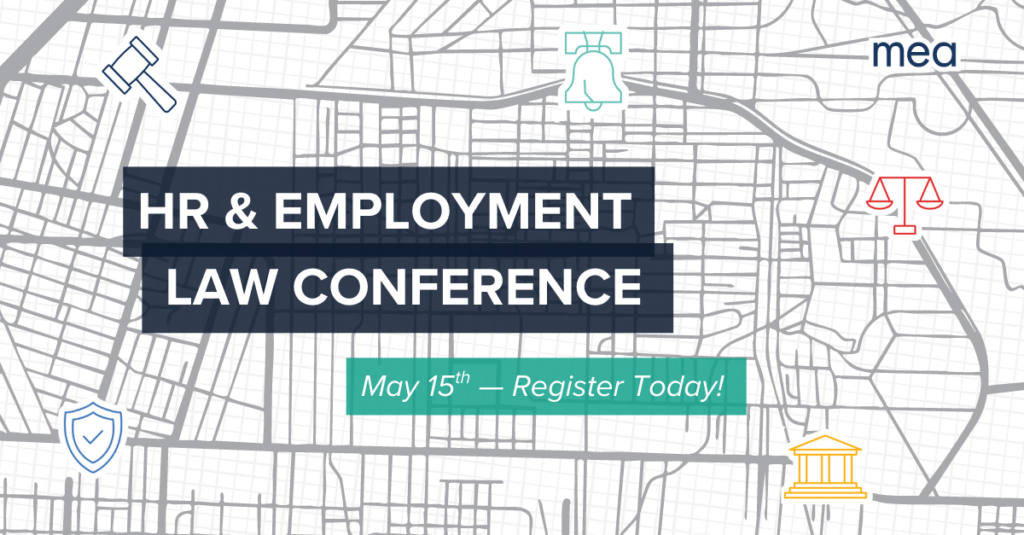New Jersey’s wage transparency law, signed by Governor Phil Murphy on November 18, 2024, will take effect on June 1, 2025. This law introduces new requirements for employers related to compensation disclosure in both job postings and promotional opportunities.
The law applies broadly to employers with 10 or more employees over the course of 20 calendar weeks. Importantly, the definition of a covered employer extends beyond just those with physical operations in New Jersey. Any business that employs workers in the state, conducts business there, or even accepts job applications from individuals located in New Jersey falls within the scope of the law – regardless of where their employees physically are based. Additionally, employment agencies, job placement firms, and referral services are covered.
Starting in June 2025, covered employers will be required to include the hourly wage or salary range for each open position in all job postings – whether internal or external. These postings also must provide a general description of the benefits and other compensation programs associated with the role. While the law allows employers some flexibility to offer higher pay when making an employment offer, the posted range must reflect a good-faith estimate based on legitimate pay data.
In addition to job listings, the law addresses internal mobility. Employers will need to make reasonable efforts to inform current employees in relevant departments of any available promotional opportunities before making a promotion decision. The law defines a promotion as a change in job title accompanied by an increase in compensation. There are, however, exceptions: promotions based on seniority or performance, or those made on an emergent basis due to an unforeseen event, are not subject to the advance notification requirement. That said, the law leaves terms like “emergent basis” and “unforeseen event” undefined, leaving some ambiguity that may need clarification through future guidance or case law.
Enforcement will be handled by the New Jersey Department of Labor and Workforce Development. Employers who fail to comply may face a civil penalty of up to $300 for a first violation, and $600 for each subsequent violation. Although there is no private right of action, retaliation against employees who raise concerns may expose employers to claims under the Conscientious Employee Protection Act.
What Should Employers Do Now?
- Identify and Document Compensation Ranges. Define and document wage ranges and benefit descriptions for each role using current data or benchmarks.
- Review and Update Job Posting Templates. Revise internal and external job posting templates to include required pay and benefit disclosures. Remember to update third-party recruiters and platforms.
- Train Human Resources and Talent Acquisition Staff. Training should include: how to determine appropriate pay ranges; what must be disclosed and when; and best practices for compliance with new rules.
- Create a Promotion Notification Policy. Establish internal procedures to ensure promotional opportunities are consistently and fairly communicated to relevant employees.
- Consider a Pay Equity Audit. Conduct a proactive review of compensation practices to ensure compliance with New Jersey’s Equal Pay Act and to identify any disparities that may need correction.
Multistate employers should take particular note. New Jersey joins a growing number of jurisdictions, including California, Colorado, Connecticut, New York, Massachusetts, and Illinois, in adopting similar pay transparency measures. Ensuring your organization has a cohesive, multistate compliance strategy will be crucial, especially if you operate in more than one of these locations.
Employers should consult with experienced human resources professionals and/or labor and employment counsel with any questions regarding these complex employment law issues. For all MEA members, the Hotline is available to provide this assistance. For MEA Essential and Premier members, a Member Legal Services attorney is available for additional consultation.
To learn more, contact us today to schedule a consultation, help us understand your needs, and learn how we can help.
*This Alert is provided for general informational purposes only and does not constitute legal advice.

